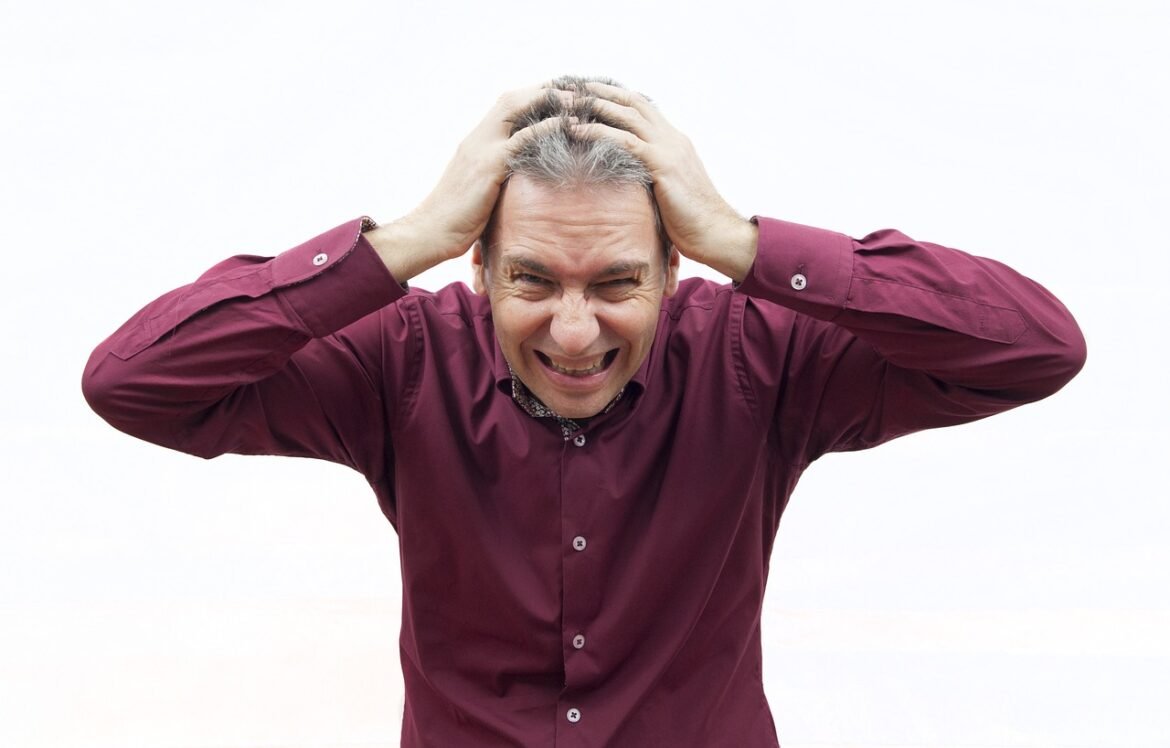Gray hair is a natural part of aging, but it can also be caused by stress. While stress can’t directly cause hair to turn gray, it can accelerate the process.
How stress affects hair
When we’re stressed, our bodies release a hormone called cortisol. Cortisol can have a number of negative effects on our health, including affecting our hair growth. When cortisol levels are high, it can damage the hair follicles, which are the tiny sacs that produce hair. This damage can lead to premature graying.
The science behind stress and gray hair
In a study published in the journal “Nature,” researchers found that stress can accelerate the production of a protein called p16 in hair follicles. P16 is a protein that is involved in cell death. When p16 levels are high, it can lead to hair follicle death, which can cause hair to turn gray.
The researchers also found that stress can increase the production of a hormone called norepinephrine. Norepinephrine is a hormone that is involved in the “fight or flight” response. When norepinephrine levels are high, it can damage the mitochondria, which are the tiny energy generators in cells. This damage can also lead to hair follicle death.
Symptoms of stress-induced gray hair
The most common symptom of stress-induced gray hair is the sudden appearance of gray hairs. These hairs may be patchy or scattered throughout the scalp. Other symptoms of stress-induced gray hair may include:
- Hair loss
- Thinning hair
- Brittle hair
- Dry scalp
How to reduce stress and prevent gray hair
There are a number of things you can do to reduce stress and prevent gray hair. These include:
- Exercise regularly. Exercise is a great way to reduce stress and improve overall health. Aim for at least 30 minutes of moderate-intensity exercise most days of the week.
- Get enough sleep. When you’re sleep-deprived, your body produces more cortisol. Aim for 7-8 hours of sleep per night.
- Eat a healthy diet. Eating a healthy diet can help to reduce stress and improve overall health. Make sure to eat plenty of fruits, vegetables, and whole grains.
- Manage your time effectively. Feeling overwhelmed can contribute to stress. Learn to manage your time effectively by setting realistic goals, breaking down tasks into smaller steps, and avoiding multitasking.
- Practice relaxation techniques. Relaxation techniques such as yoga, meditation, and deep breathing can help to reduce stress and improve overall well-being.
- Seek professional help if needed. If you’re struggling to manage stress on your own, don’t hesitate to seek professional help. A therapist can help you develop coping mechanisms and address the underlying issues that are causing your distress.
Preventing gray hair from stress
While you can’t prevent gray hair from stress altogether, there are a number of things you can do to reduce your risk:
- Manage stress levels. By following the tips above, you can help to reduce stress and prevent gray hair.
- Make healthy lifestyle choices. Eating a healthy diet, exercising regularly, and getting enough sleep are all important for overall health and can help to prevent premature graying.
- Use hair care products designed for gray hair. There are a number of hair care products on the market that are specifically designed for gray hair. These products can help to reduce the appearance of gray hair and make it look more vibrant.
- See a doctor if you notice sudden hair loss or changes in your hair color. Sudden hair loss or changes in hair color can be a sign of an underlying medical condition. If you notice any changes in your hair, see a doctor to rule out any potential health problems.
Conclusion
Stress can accelerate gray hair, but it’s not the only factor. Genetics, diet, and environmental factors can also play a role. If you’re concerned about premature graying, talk to your doctor.

